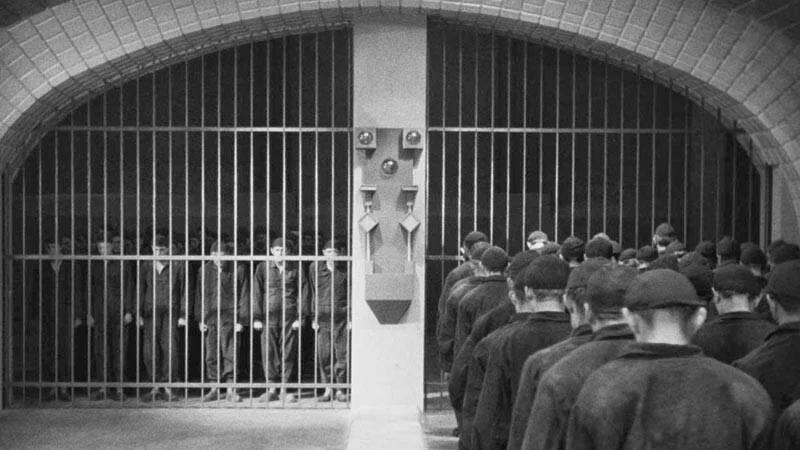“. . . cursed is the ground because of you; in pain you shall eat of it all the days of your life; thorns and thistles it shall bring forth for you; and you shall eat the plants of the field. By the sweat of your face you shall eat bread, till you return to the ground” (Gen. 3:17b-19a).
Not all people, not even all believers, embrace God’s perspective and assessment of the affairs of life. All do not agree on the specific matter of what constitutes human flourishing. God’s perspective and assessment, however, is foundational for human flourishing, appealing again to the fact that human beings are made in his image. My focus in this line of thought is an expression of our imaging, namely, our doing, our responsible labor in life unfolding as a part of our stewardship before God (Gen. 1:26, 28).
Our failure to understand our stewardship emerges with the fall described in Genesis 3. In our lead passage above, labor in the form of agricultural gain is hard and prolonged through life (“cursed is the ground”). Some may interpret this passage in terms of an overarching problem of hard and, potentially, meaningless work. Augustine’s commentary on this section in The Literal Meaning of Genesis may reinforce such an application. “Who does not know that these are the toils and troubles of the human race on earth? . . . All the same a prophetic signification is to be looked for and expected, and it is this that the divine “Assessment of the worth of labor is a matter of the soul who evaluates out of the state of that soul.”speaker here has chiefly in mind” (XI.38.51). There is definitely an infusion of negative consequence because of sin. It may be concluded then that the image-bearer is dramatically hindered from true flourishing through his or her active stewardship because of these conditions of judgment.
In an earlier work, Augustine offers a conviction that interweaves the blessing of submission to God’s evaluative perspective and the emergence of image-flourishing. The answer is essentially, a healed soul, or the soul that is transformed through God’s grace and remains an ongoing work of grace. Speaking of the soul’s needed work of faith, hope, and love, Augustine writes: “Without these three no soul is healed so that it may see, that is, know God. . . . Reason is the power of the soul to look, but it does not follow that every one who looks, sees. Right and perfect looking which leads to vision is called virtue” (Soliloquies I. 6.12-13). Assessment of the worth of labor is a matter of the soul who evaluates out of the state of that soul. Flourishing, then, is not only a matter of God’s view, but also the state of the soul of the image-bearer.
Again, I realize that this reflection may not say much to the non-believing, secular social environment, but it is intended as word of encouragement to those who seriously wrestle with the relationship between faith in God and meaning in life. The former matter I hope to address in the near future.








Comments
Be the first one to make a comment!